Residential Escrow Account vs. Business Escrow Account
At Secured Trust Escrow, we understand that every financial transaction is unique, and tailoring our services to meet the specific needs of our clients is of utmost importance. When it comes to escrow accounts, the distinction between residential and business matters is significant. Let’s delve into the differences between these two types of accounts to help you make informed decisions.
Residential Escrow Account
A residential escrow account primarily revolves around real estate transactions involving individual homes, condos, or apartments. This type of escrow ensures a secure and seamless exchange of property ownership while safeguarding the interests of both the buyer and seller. Here’s a closer look at how it works:
1. Purchase or Sale Agreement: In a residential escrow account, once the parties agree on the terms of the purchase or sale, the buyer typically deposits the earnest money with the escrow company. This signifies the buyer’s commitment to the transaction.
2. Due Diligence and Contingencies: The escrow company holds the earnest money while the buyer conducts inspections, obtains financing, and fulfills other contingencies specified in the agreement.
3. Title and Documentation: The escrow company verifies the title of the property, ensures all necessary documentation is in order, and prepares for a smooth transfer of ownership.
4. Closing Process: Once all conditions are met, the escrow company facilitates the transfer of funds from the buyer to the seller, and ownership is transferred. The escrow account is closed, and the deal concludes successfully.
Business Escrow Account
In contrast, a business escrow account is tailored for more intricate transactions involving companies, assets, intellectual property, and commercial real estate. The complexity often requires a thorough understanding of legal and financial aspects. Here’s a glimpse into the dynamics of a business escrow account:
1. Sale or Acquisition: In business transactions, a buyer might place funds in escrow to demonstrate their commitment to acquiring a company or its assets. This showcases the buyer’s intention to proceed with the deal.
2. Due Diligence: The escrow company plays a critical role in verifying financial statements, legal documents, and other pertinent information to ensure the transaction’s legitimacy and transparency.
3. Transition Phase: Business escrow accounts may involve a transition period during which certain milestones must be met, such as successful employee transfers, IP transfers, or performance benchmarks.
4. Successful Closure: Once all stipulated conditions are met, the escrow company facilitates the transfer of funds, assets, or intellectual property as outlined in the agreement. This brings the complex transaction to a successful conclusion.
The role of an escrow company like Secured Trust Escrow extends far beyond being a mere intermediary. It plays a pivotal role in establishing a secure, transparent, and accountable environment for transactions.
By holding assets, funds, or documents until conditions are met, an escrow company mitigates risks, ensures fair dealings, and ultimately contributes to the success of complex transactions. So, whether you’re a real estate professional, an online merchant, or an individual engaging in any form of transaction, partnering with a reputable escrow company offers peace of mind and secures your trust.























